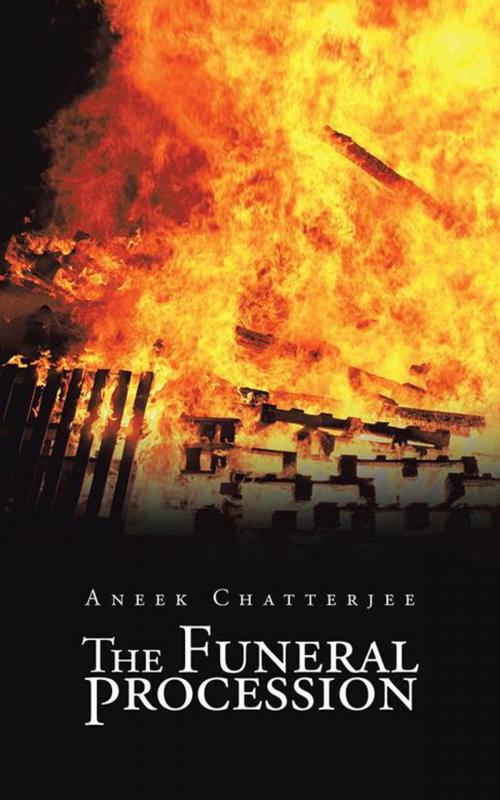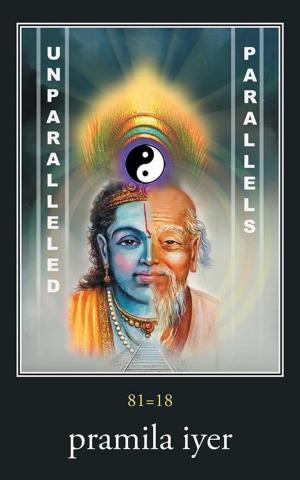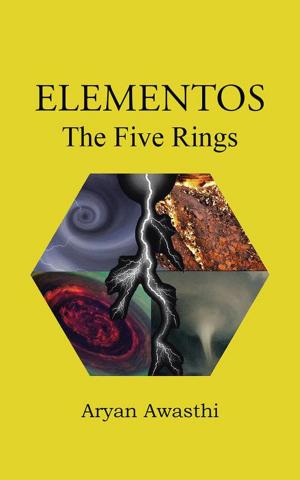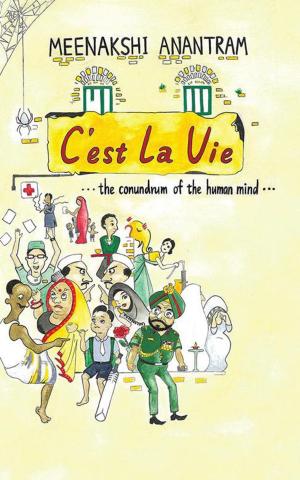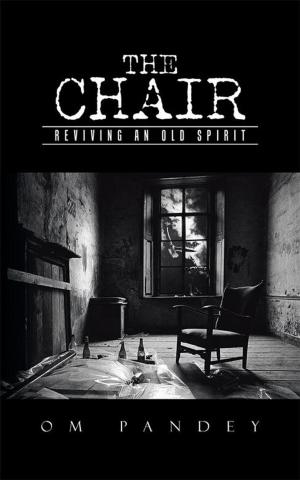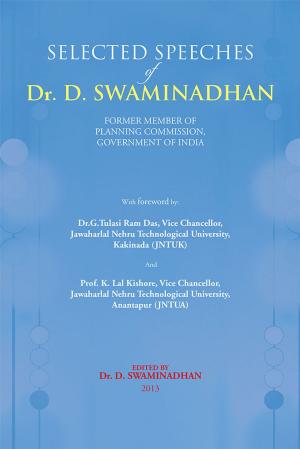| Author: | Aneek Chatterjee | ISBN: | 9781482851533 |
| Publisher: | Partridge Publishing India | Publication: | August 11, 2015 |
| Imprint: | Partridge Publishing India | Language: | English |
| Author: | Aneek Chatterjee |
| ISBN: | 9781482851533 |
| Publisher: | Partridge Publishing India |
| Publication: | August 11, 2015 |
| Imprint: | Partridge Publishing India |
| Language: | English |
He did not see the partition of India, but discovered that his mother was a refugee. He heard that India lost a war with China many years ago. He was growing up, and the Naxalite movement in India was also growing up with him. He read in newspapers and listened from the radio, Indian Armys victory over Pakistan in the 1971 war. But this victory, he felt, was achieved through huge tension in his poor family: his elder brother could have been sent to the war front and killed. As a boy he learned about Atom Bomb, Exigency, Lizards and Indian politics. The story revolved around the life of J, the young lad growing up in a small town in Bengal. As he grew up, J watched life and death unfolding in front of him. In death he saw life, and in life, he discovered hope, despair, magnanimity, deceit, hypocrisy and benevolence. J watched society and politics and their many faces. As a child he observed the Naxalite movement with chivalry and pride; later he watched the Centrist and the Left rules in Bengal and got to know from his teacher that political activists often changed jerseys to get the fruits of power. With ignorance of a child he saw the first funeral procession of his father, with excruciating pain he watched again, this time as a boy, another funeral procession, of his elder brother. Later he observed, as a young man, the funeral procession of a Head of Government. He felt that funeral processions were slowly expanding, from family to the state, and gradually engulfing his country. Built around ten chapters, the novel reflected the socio-political milieu of Bengal and India in the 1970s and 80s through the journey of J, its principal character, from childhood to adulthood. The journey also discovered the necessity of peace in times of war and peace.
He did not see the partition of India, but discovered that his mother was a refugee. He heard that India lost a war with China many years ago. He was growing up, and the Naxalite movement in India was also growing up with him. He read in newspapers and listened from the radio, Indian Armys victory over Pakistan in the 1971 war. But this victory, he felt, was achieved through huge tension in his poor family: his elder brother could have been sent to the war front and killed. As a boy he learned about Atom Bomb, Exigency, Lizards and Indian politics. The story revolved around the life of J, the young lad growing up in a small town in Bengal. As he grew up, J watched life and death unfolding in front of him. In death he saw life, and in life, he discovered hope, despair, magnanimity, deceit, hypocrisy and benevolence. J watched society and politics and their many faces. As a child he observed the Naxalite movement with chivalry and pride; later he watched the Centrist and the Left rules in Bengal and got to know from his teacher that political activists often changed jerseys to get the fruits of power. With ignorance of a child he saw the first funeral procession of his father, with excruciating pain he watched again, this time as a boy, another funeral procession, of his elder brother. Later he observed, as a young man, the funeral procession of a Head of Government. He felt that funeral processions were slowly expanding, from family to the state, and gradually engulfing his country. Built around ten chapters, the novel reflected the socio-political milieu of Bengal and India in the 1970s and 80s through the journey of J, its principal character, from childhood to adulthood. The journey also discovered the necessity of peace in times of war and peace.
